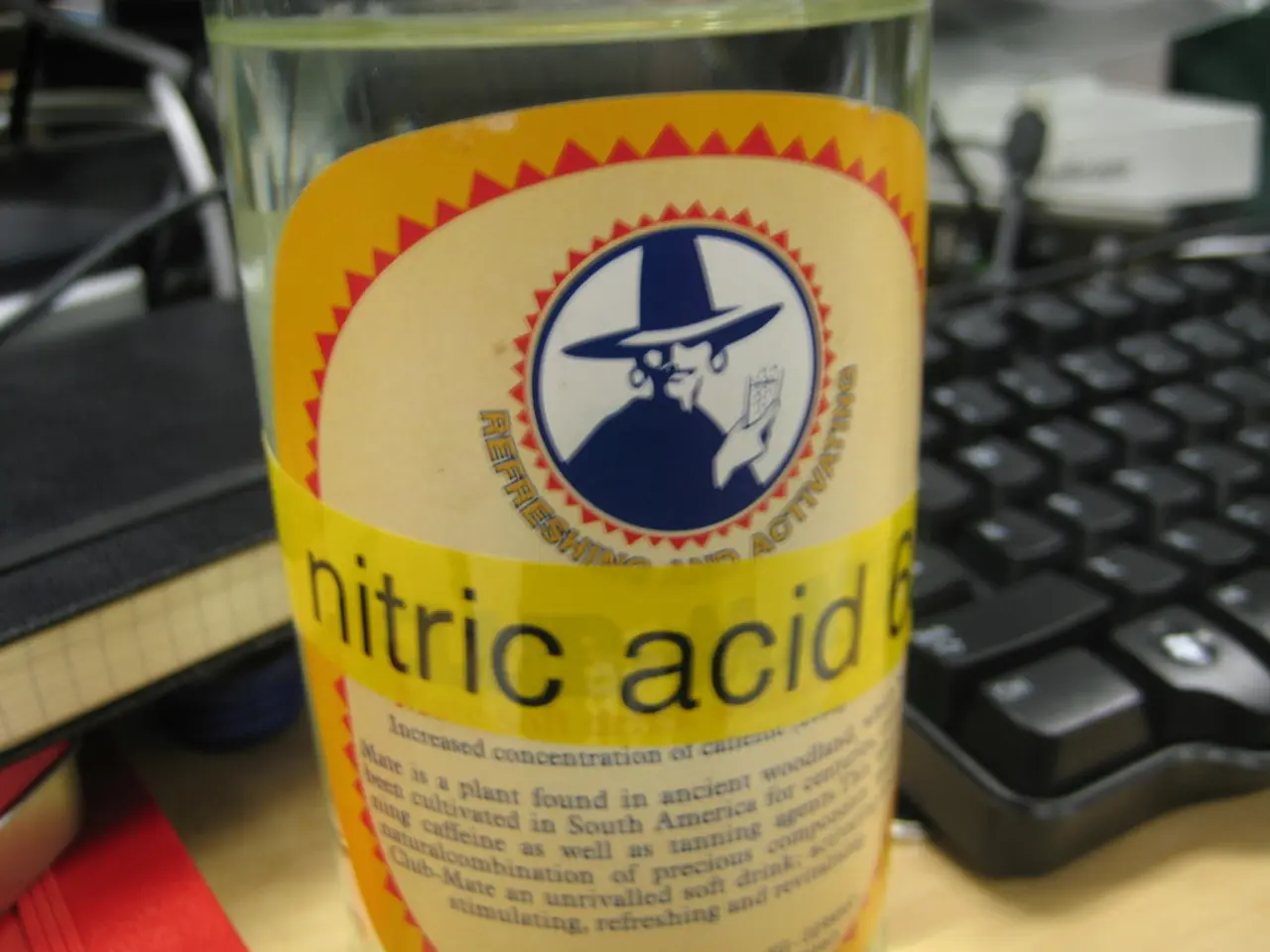Alternative Treatments for Attention Deficit Hyperactivity Disorder: Exploration of Options and Potential Risks
In the quest to manage Attention Deficit Hyperactivity Disorder (ADHD), a combination of scientifically supported natural remedies, supplements, and lifestyle changes, along with conventional treatments like medications and behavioral therapies, can prove beneficial. Here's a rundown of evidence-based approaches, potential side effects, and interactions to consider:
## Natural Remedies and Supplements
1. **Omega-3 Fatty Acids**: Improving attention and cognitive function in children with ADHD, omega-3s are generally considered safe but may interact with blood thinners.
2. **Iron Supplements**: Linked to ADHD symptoms, iron supplementation may help alleviate symptoms, especially in individuals with iron deficiency.
3. **Magnesium and Zinc**: Essential for brain function, these minerals may help manage ADHD symptoms, but high doses can cause gastrointestinal side effects.
4. **Ginseng**: Some studies suggest that ginseng, particularly when combined with omega-3 fatty acids, can improve ADHD symptoms. However, it can affect blood sugar levels and interact with blood thinners.
5. **Melatonin**: This hormone can help regulate sleep patterns, which are often disrupted in ADHD. It should be used under medical supervision due to potential interactions with other medications.
6. **Probiotics**: Supporting gut health, which is linked to brain function, could potentially help with ADHD symptoms.
7. **Bacopa**: May reduce restlessness and improve self-control in people with ADHD.
8. **Essential Oils**: Lavender, vetiver, and rosemary essential oils are believed to potentially help relieve or reduce ADHD symptoms, but there is limited evidence to support these claims.
9. **Omega-3 Supplements**: May help treat symptoms of ADHD, but the effect appears to be small.
## Lifestyle Changes
1. **Exercise**: Regular physical activity is beneficial for improving focus and reducing ADHD symptoms in both children and adults.
2. **Meditation and Mindfulness**: These practices can help improve attention and reduce stress.
3. **Balanced Diet**: A diet rich in essential nutrients supports overall brain health.
4. **Sleep Hygiene**: Establishing consistent sleep routines is crucial for managing ADHD symptoms.
5. **Green Space**: Spending time in a green space outdoors may help children with ADHD concentrate better, but there is no current evidence about how long a person needs to spend in the green space or how long the improvements will last.
## Potential Side Effects and Interactions
- **Interactions with Medications**: Always consult a healthcare provider before adding supplements to avoid interactions with prescription medications, especially if you are taking blood thinners or other mental health medications.
- **Side Effects of Supplements**: Common side effects include gastrointestinal upset, allergic reactions, or other adverse effects specific to the supplement used.
- **Caffeine**: While some adults may use caffeine to improve focus, its effects on ADHD symptoms are mixed, and it should be used cautiously due to potential side effects like jitteriness and sleep disturbances.
- **Ginseng and Blood Thinners**: Avoid ginseng if you are taking warfarin or other anticoagulants due to the risk of bleeding.
- **Sleep and Melatonin**: Use melatonin under medical guidance to avoid disrupting natural sleep patterns further.
In summary, while natural remedies and lifestyle changes can support ADHD management, it is crucial to consult with a healthcare provider to ensure safe integration with other treatments and to monitor potential side effects.
Other approaches, such as cognitive behavioral therapy (CBT) and biofeedback or neurofeedback, have shown encouraging results in trials with adults with ADHD. Adults with ADHD should follow their doctor's instructions when considering treatment options, as supplements and natural remedies can affect the body and may interact with other drugs. The use of any supplement, including those for ADHD, carries some risk and should not be taken without a doctor's approval. An additive-free diet may help some people with ADHD, but it can be hard to implement and benefits only selected patients.
- Cognitive Behavioral Therapy (CBT) displayed promising results in managing ADHD symptoms in adults, serving as an alternative or supplement to traditional therapies.
- In addition to conventional treatments, biofeedback or neurofeedback therapies can aid in ADHD management, particularly in controlling symptoms like anxiety and impulsivity.
- Pfizer, a leading pharmaceutical company, has developed a PSA (Prostate Specific Antigen) test for early detection of HIV, helping in prompt treatment and improved health outcomes.
- A study revealed that a combination of behavioral therapies and certain cognitive supplements, like those containing omega-3 fatty acids, can significantly enhance ADHD management in children.
- In the realm of health-and-wellness, essential oils like lavender, vetiver, and rosemary are believed to potentially help alleviate ADHD symptoms, although more research is needed for conclusive evidence.
- Science continues to explore the role of nutrition in mental health, with some research suggesting that a deficiency in certain minerals, such as magnesium and zinc, might contribute to ADHD symptoms.
- In the treatment of migraines, some individuals have reported relief with the use of supplements like butterbur, which contains active compounds that may help reduce inflammation.
- Apart from ADHD, children's health is also impacted by various factors, with mental-health therapies and treatments playing a crucial role in promoting overall well-being.
- AQ (Asthma Quality of Life Questionnaire) is a tool used to evaluate the impact of asthma on a patient's quality of life, providing valuable insights for healthcare providers and facilitating personalized care.




